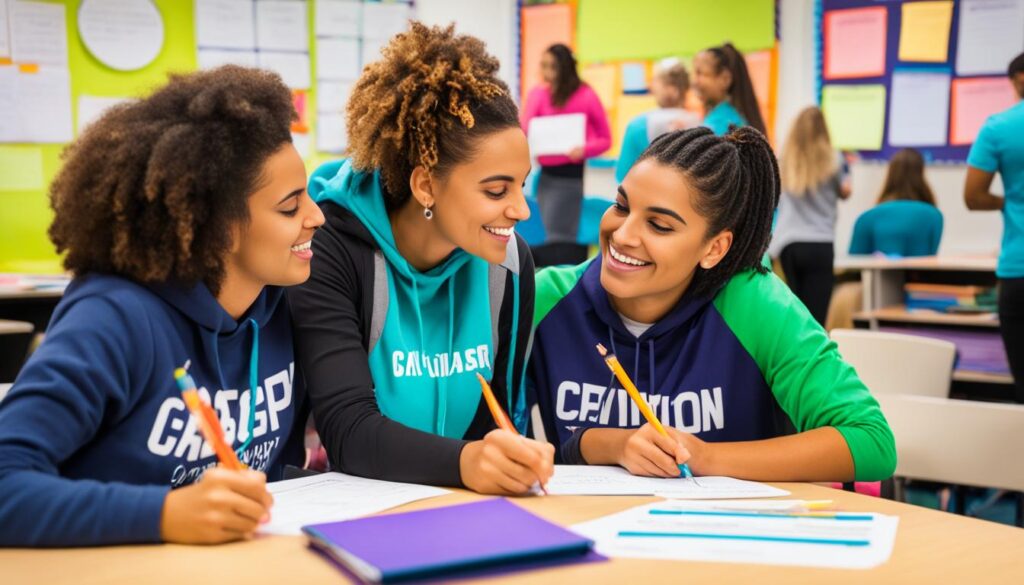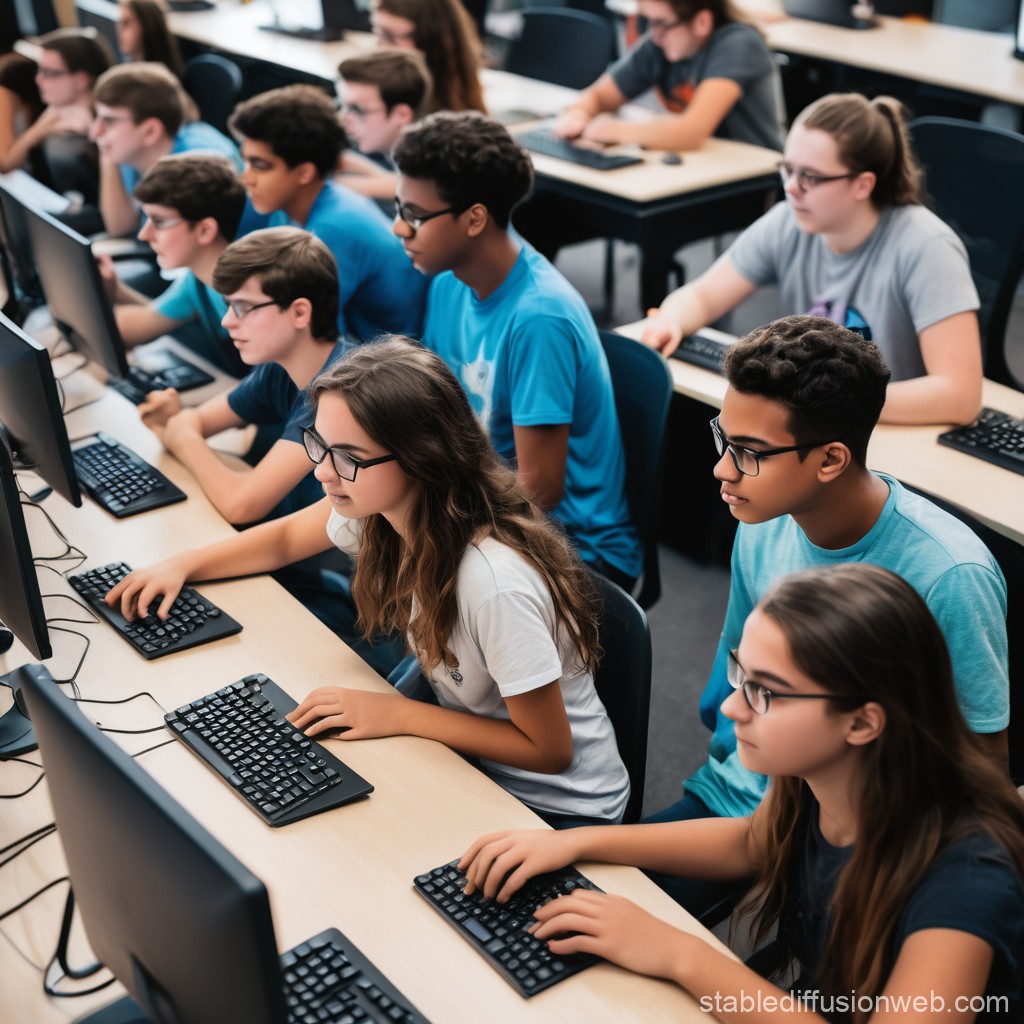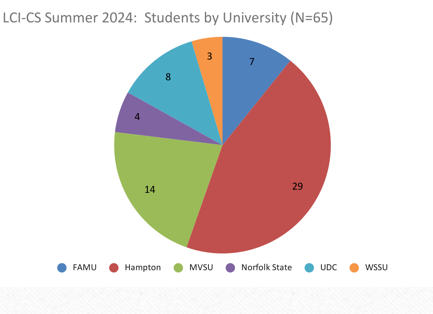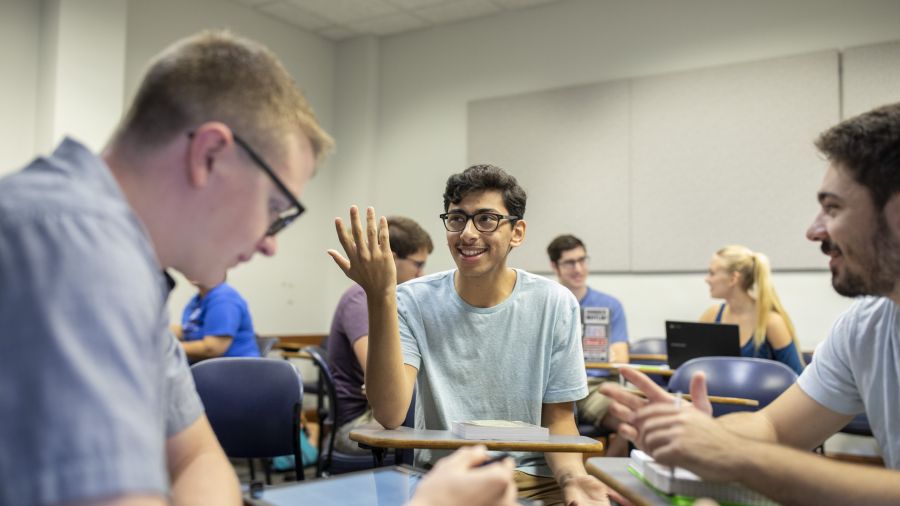HBCU Learning Community based Intervention in Computing
Empowering underrepresented students to thrive in computing fields. Fostering diversity and innovation for a brighter tech future…!


Participating Universities
•Florida A&M University
•Hampton University
•Mississippi Valley State University
• Norfolk State University
•University of the District of Columbia
•Winston-Salem State University
•Funded by the National Science Foundation (# 2245970)

Goals
•Increase retention of first-year students in computer science and related fields.
•Prepare underrepresented students for collegiate success.
•Ultimately, increase diversity in the computing workforce.














